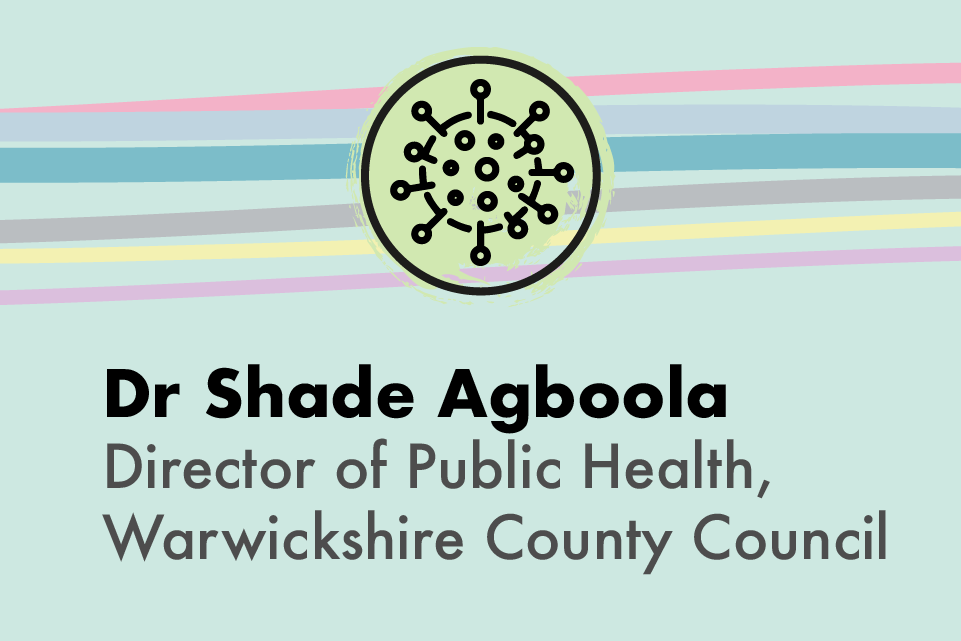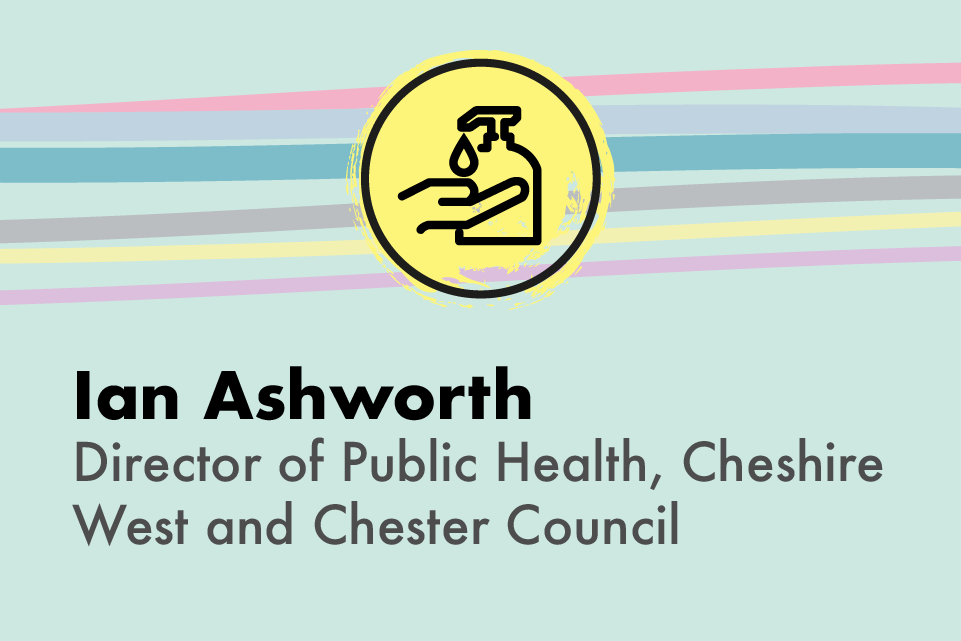Resetting the relationship between local and national government. Read our Local Government White Paper
Interview with Matt Lenny, Director of Public Health, North Somerset Council.
This is part of a series of interviews with public health directors, published on 12 August 2020.
The south west of England has had relatively low levels of infection. But in North Somerset that changed towards the end of May. A spike in cases saw the local hospital – the Weston General – close its doors to new patients on 25 May.
Mr Lenny said: “It was concerning – we knew from the hospital testing that there were a lot of positive cases coming back. What we didn’t know was whether that was a hospital issue or related to what was happening in the wider community.
“The regional drive-thru centre is at Bristol airport, which is in North Somerset, but a mobile testing unit was sent to Weston Super Mare and whole hospital testing was introduced to help us find out what was going on.
“It was at the time restrictions were beginning to lift. Weston Super Mare is a particularly popular destination for day-trippers and we knew it was important to get on top of what was going on.”
‘It was a very intense period’
Mr Lenny said he and his colleagues at the council worked closely with the regional Public Health England health protection team, which was doing the contact tracing. Then, within a week, the NHS Test and Trace system was launched and began helping out too.
“We were analysing the results and other sources of data, including hospital admissions and statistics. It took about a week to 10 days to investigate fully.”
That investigation found the outbreak was largely contained to the hospital itself, with significant numbers of staff testing positive, a number without symptoms. There was limited wider transmission in the community.
Mr Lenny said: “The extra testing in the community found some cases, but nothing really above what you would expect to find. The hospital ended up changing some of its protocols and the way it cohorted patients – it is a very small site which had made it difficult to contain the spread. We also recommended the expanding of school opening be delayed by a week.”
It worked and the outbreak – the first significant local flare up following the easing of restrictions – was contained. “It was a very intense period,” said Mr Lenny. “We were the guinea pigs for the Test and Trace system in those early days. It worked well – and complemented what we were doing locally by helping with contact tracing.”
Mr Lenny, who only took up the job last summer, his first director of public health role, said he has been encouraged with what has happened since then. “Our local infection rates are low – less than two per 100,000 people in recent weeks – and nationwide rates are relatively low in most places. But we have to be prepared for that to change.”
‘We are in a stronger position now’
Mr Lenny said now the Test and Trace system was bedding in, he feels the country is in a much stronger position than it was. “We are getting a good flow of information now from the national systems – that has not always been the case. But things have improved in the past weeks and months. Strong relationships are being built.
“In the south west the local public health directors have always provided good support to each other. We have a forum that used to meet monthly, but during the pandemic we have been holding meetings on Microsoft teams weekly.
“Our regional PHE colleagues also take part and now so do the leads for Test and Trace. It is important to have a safe space to discuss problems and share best practice with colleagues. It helps us to get our response right.
“We all feel a huge responsibility to do everything we can to save lives, while trying to get life back to normal as much as we can. I have really been inspired by what my colleagues at the council and those regionally have done.”
The importance of building trust in the community
Another important element, he said, was building trust within the local community. During the hospital outbreak, Mr Lenny made sure he regularly briefed local members and MPs.
The council has also tried to be as transparent as it can with residents about what was known and not known. “All along we have tried to be open about what is happening.
“We have a local stakeholder forum, which is regularly briefed, we have worked with the local media and have regular council bulletins that goes out to residents. We also promote the national sources of information and dashboards that are available on coronavirus.
“Where we can we have used the expertise of our staff to provide help, advice and reassurance. For example, school nurses and health visitors have staffed a help desk for schools and early years settings.”
Mr Lenny also praised the response from the community. A partnership, North Somerset Together, has been set up with the voluntary and community sector to provide support to vulnerable groups through the delivery of food packages and medicines and wider wellbeing help.
“The response by the community has been magnificent. We are all in this together – and we are only going to keep the virus at bay by working together.”



